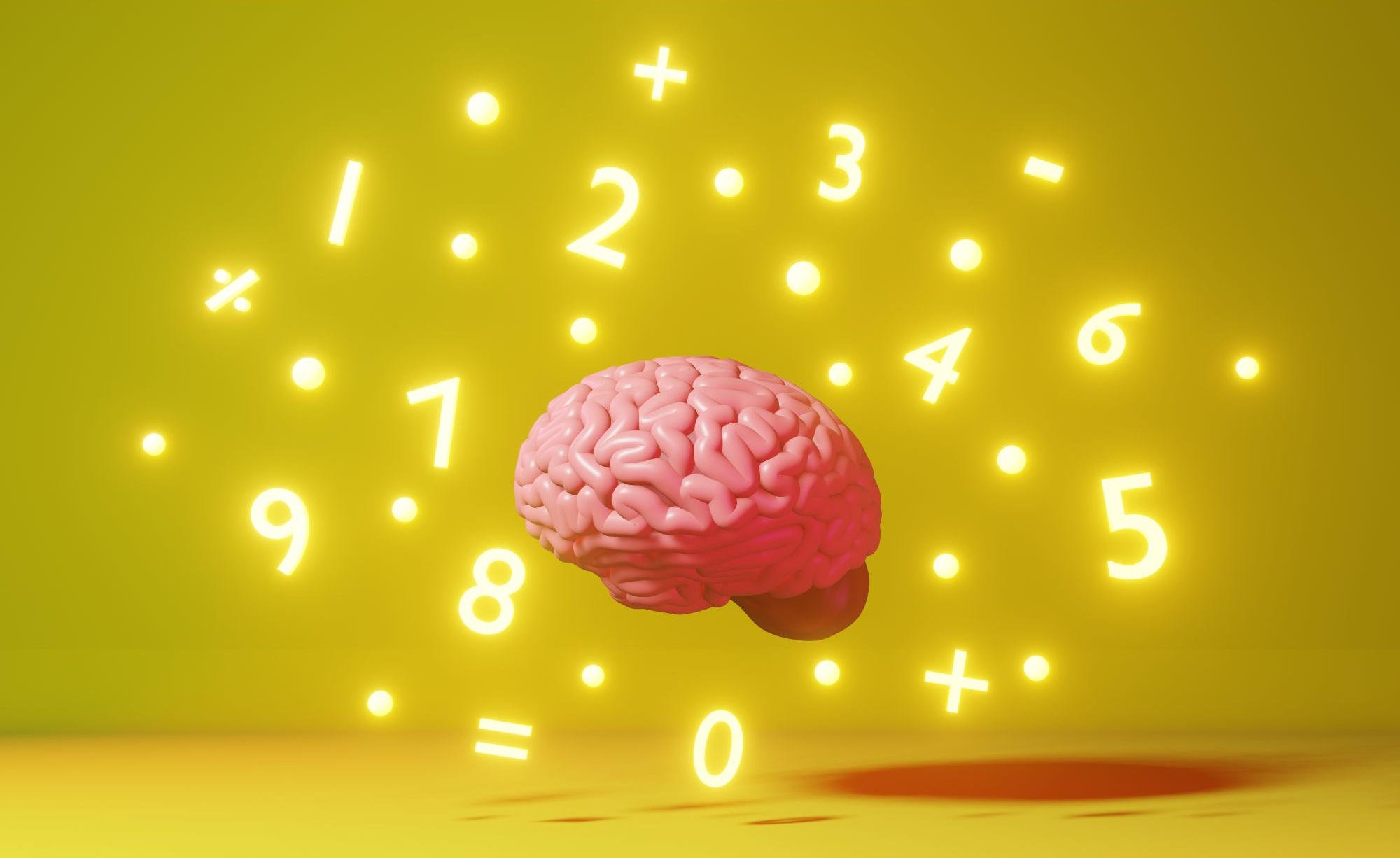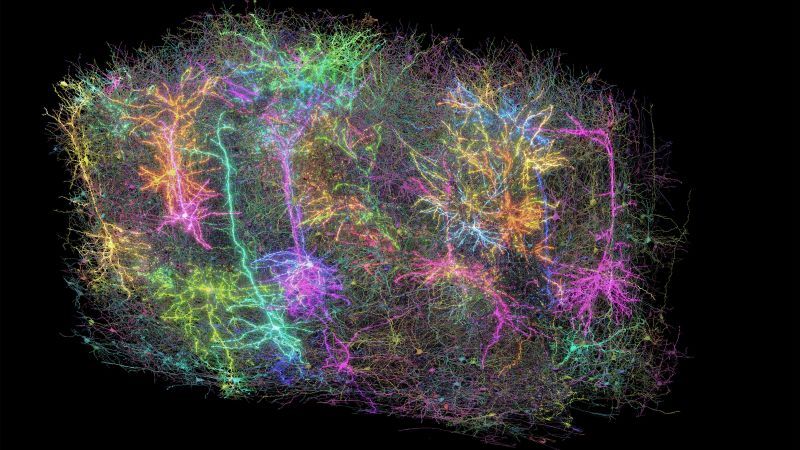Cracking the Code: Breakthrough Study Unlocks How Children Master Mathematics
Science
2025-05-04 11:18:51Content

Rethinking Math Learning: Beyond Speed to Deeper Understanding
A groundbreaking scientific review challenges traditional approaches to math education, revealing that children develop robust mathematical skills through a multifaceted learning process. The research emphasizes that true math fluency goes far beyond rapid calculation and memorization.
Key Components of Effective Math Learning
- Conceptual Understanding: Grasping the underlying principles behind mathematical operations
- Strategic Practice: Applying learned concepts through thoughtful, purposeful exercises
- Reflective Learning: Encouraging students to think critically about problem-solving approaches
The study suggests that educators and parents should move away from the narrow view of math fluency as mere speed, instead focusing on developing a deeper, more comprehensive understanding of mathematical concepts.
Implications for Math Education
Rather than relying solely on rote memorization of multiplication tables and number values, the research recommends a more holistic approach that:
- Promotes critical thinking
- Encourages problem-solving strategies
- Builds mathematical confidence
- Creates meaningful connections between mathematical concepts
By embracing this comprehensive approach, educators can help children develop not just mathematical skills, but a genuine appreciation for the subject.
Unlocking Mathematical Genius: The Transformative Power of Holistic Learning Strategies
In the ever-evolving landscape of educational psychology, researchers are challenging traditional approaches to mathematical skill development, revealing a profound insight into how children truly master numerical comprehension. The journey of mathematical learning extends far beyond rote memorization, demanding a more nuanced and comprehensive approach that nurtures cognitive flexibility and deep understanding.Revolutionizing Math Education: Beyond Speed and Memorization
The Cognitive Foundations of Mathematical Mastery
Mathematical proficiency is not a simple linear progression but a complex neural network of interconnected skills and understanding. Traditional educational models have long emphasized rapid calculation and memorization, but contemporary research suggests a more holistic approach. The brain's mathematical capabilities are developed through intricate processes that integrate conceptual understanding, strategic thinking, and reflective learning. Neuroscientific studies reveal that children's mathematical intelligence is cultivated through multifaceted experiences. When students engage with mathematical concepts through exploratory learning, they develop deeper neural pathways that support long-term comprehension and problem-solving skills. This approach transcends mechanical repetition, encouraging students to understand the underlying principles behind numerical relationships.Strategic Practice: The Key to Mathematical Fluency
Strategic practice represents a paradigm shift from traditional drill-based learning. Instead of focusing solely on speed and memorization, educators are now emphasizing adaptive learning techniques that encourage critical thinking and conceptual exploration. This approach allows children to develop a more robust and flexible mathematical understanding. Researchers have discovered that when students are encouraged to approach mathematical problems from multiple perspectives, they develop more sophisticated cognitive strategies. By creating environments that promote curiosity and experimentation, educators can help children build a more comprehensive mathematical foundation that extends beyond simple computational skills.Reflective Learning: Transforming Mathematical Thinking
Reflective learning emerges as a critical component in mathematical skill development. This approach encourages students to analyze their problem-solving processes, understand their thought patterns, and develop metacognitive skills. By promoting self-awareness and critical analysis, children can develop a more profound and nuanced relationship with mathematical concepts. The integration of reflective practices allows students to transform mathematical learning from a mechanical process to an intellectual journey. Children learn to view mistakes as opportunities for growth, developing resilience and a growth mindset that extends far beyond mathematical domains.Neuroplasticity and Mathematical Skill Development
Modern neuroscience provides fascinating insights into how mathematical skills are developed and refined. The brain's remarkable neuroplasticity allows children to create and strengthen neural connections through diverse and engaging learning experiences. This understanding challenges previous notions of mathematical ability as a fixed trait. By creating rich, interactive learning environments that stimulate multiple cognitive processes, educators can help children develop more sophisticated mathematical intelligence. The brain's capacity for adaptation means that mathematical skills can be nurtured and enhanced through strategic, holistic approaches.Practical Implications for Parents and Educators
The research presents a compelling argument for reimagining mathematical education. Parents and educators are encouraged to move beyond traditional teaching methods, creating learning experiences that promote conceptual understanding, strategic thinking, and reflective analysis. This approach requires patience, creativity, and a willingness to embrace more complex educational strategies. Implementing these insights involves designing learning experiences that encourage exploration, curiosity, and critical thinking. By valuing understanding over speed and promoting a growth mindset, we can help children develop a more profound and meaningful relationship with mathematics.RELATED NEWS

Young Innovators Shine: Central Catholic's Science Expo Crowns Top Student Researchers

Breaking: Science Museum Staff Secure Landmark Labor Agreement in Minnesota Breakthrough






